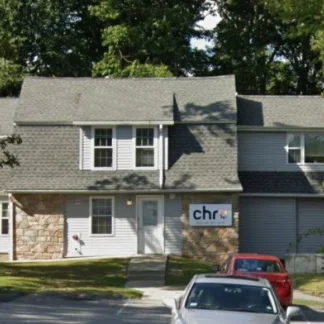Quinebaug Day Treatment Center
Quinebaug Day Treatment Center is a private rehab located in Dayville, Connectic...
Community Health Resources is a non-profit rehab located in Putnam, Connecticut. Community Health Resources specializes in the treatment of alcoholism, drug addiction, dual diagnosis, mental health and substance abuse, and opioid addiction.
Contact us for more information: (860) 963-4971

Connect with Community Health Resources by calling their admissions team directly.
(860) 963-4971 Website Get DirectionsThe Substance Abuse and Mental Health Services Administration (SAMHSA) is a branch of the U.S. Department of Health and Human Services. Established in 1992 by congress, SAMHSA's mission is to reduce the impact of substance abuse and mental illness on American's communities.
SAMHSA Listed: Yes
Group therapy is any therapeutic work that happens in a group (not one-on-one). There are a number of different group therapy modalities, including support groups, experiential therapy, psycho-education, and more. Group therapy involves treatment as well as processing interaction between group members.
Trauma therapy addresses traumatic incidents from a client's past that are likely affecting their present-day experience. Trauma is often one of the primary triggers and potential causes of addiction, and can stem from child sexual abuse, domestic violence, having a parent with a mental illness, losing one or both parents at a young age, teenage or adult sexual assault, or any number of other factors. The purpose of trauma therapy is to allow a patient to process trauma and move through and past it, with the help of trained and compassionate mental health professionals.
Trauma therapy addresses traumatic incidents from a client's past that are likely affecting their present-day experience. Trauma is often one of the primary triggers and potential causes of addiction, and can stem from child sexual abuse, domestic violence, having a parent with a mental illness, losing one or both parents at a young age, teenage or adult sexual assault, or any number of other factors. The purpose of trauma therapy is to allow a patient to process trauma and move through and past it, with the help of trained and compassionate mental health professionals.
Quinebaug Day Treatment Center is a private rehab located in Dayville, Connectic...
Susan Wayne Center of Excellence is a private rehab located in Thompson, Connect...
United Services is private, non-profit agency that offers comprehensive substanc...
Joshua Center – Danielson is a private rehab located in Danielson, Connecticut. ...